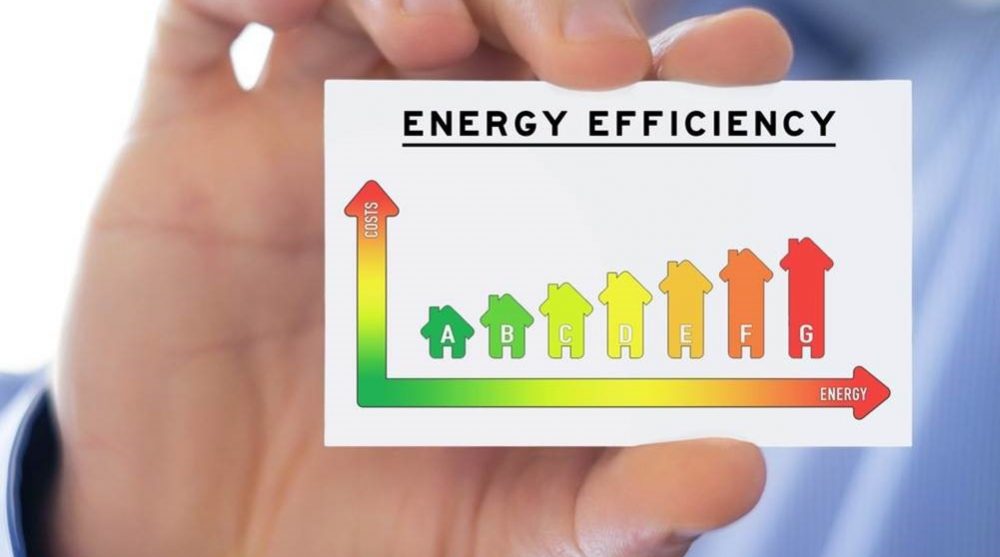
Energy Performance of Buildings Directive (EPBD)
The Energy Performance of Buildings Directive (EPBD) is the main EU-level legal instrument for decarbonising the Member States’ building stock. Since its adoption, the EPBD has been closely connected with the EU climate targets and has been aligned to reflect their progressive evolution. Its central role in reaching climate targets is explained by the fact that buildings are responsible for approximately 40 % of the EU’s energy consumption and 36 % of its CO2 emissions. In this context, the core aim of the directive – to systematically enhance the energy performance of buildings and to increase the level and depth of renovations – has remained unchanged since its introduction.
The 2010 EPBD was a recast of the 2002/91/EC directive, underpinned by the action plan for energy and climate framework for 2020. Later, a targeted revision of the EPBD was launched as part of the clean energy for all Europeans package and adopted in 2018. In December 2021, the Commission has proposed as part of the FF55 package to align the rules for the energy performance of buildings with the European Green Deal and decarbonise the EU’s building stock by 2050. This proposal to revise the EPBD aims at facilitating the renovation of homes, schools, hospitals, offices and other buildings across Europe to reduce greenhouse gas emissions and energy bills, improving quality of life for millions of Europeans. At present, the Renovation Wave Strategy is introducing a holistic approach to boost renovation and to mobilise stakeholders on all levels in order to double the rate and increase the depth of buildings refurbishment. There is here a genuine potential to promote wood-based panels, especially for insulation, given the expected emphasis on nature-based materials such as wood. The revision of the energy performance of buildings directive translates the Commission’s Renovation Wave Strategy into concrete legislative action.
The revision of the EPBD proposal demands that:
- Whole life-cycle performance of buildings should be taken into account not only in new construction, but also in renovations through the inclusion of policies for the reduction of whole life-cycle greenhouse gas emissions in Member States’ building renovation plans.
- Life-cycle Global Warming Potential (GWP) of new buildings will have to be calculated as of 2030 in accordance with the Level(s) framework.
- As of 2030, all new buildings must be zero-emission.
- All new public buildings must be zero-emission already as of 2027.
- Worst-performing 15% of the building stock of each Member State to be upgraded by 2027.
- 2022-030 EPF Feedback on the Revision of the Energy Performance of Buildings Directive
- EPBD Recast COM(2021) 802
- EPBD Recast COM(2021) 802 – Annexes
- EPBD Recast Factsheet
- 2021-008 EPF Feedback on the IIA on the revision of the Energy Performance of Buildings Directive
- EPF response – Revision of EPBD – Public Consultation
- EPRS – In Depth Analysis – EPBD – FF55 Revision
- 2021-008 EPF Feedback on the IIA on the revision of the Energy Performance of Buildings Directive

